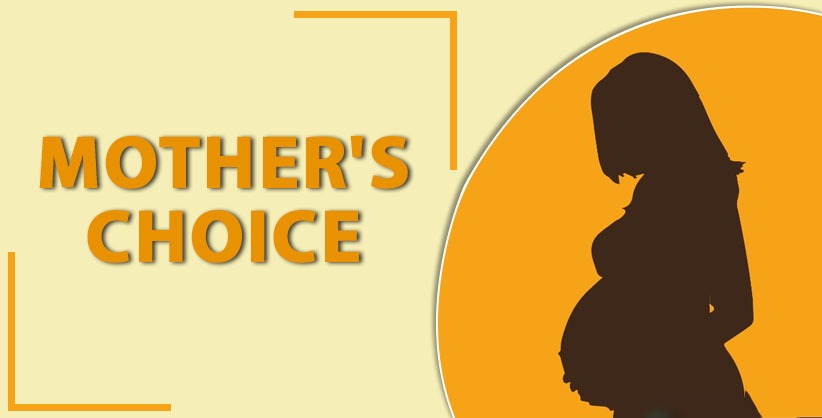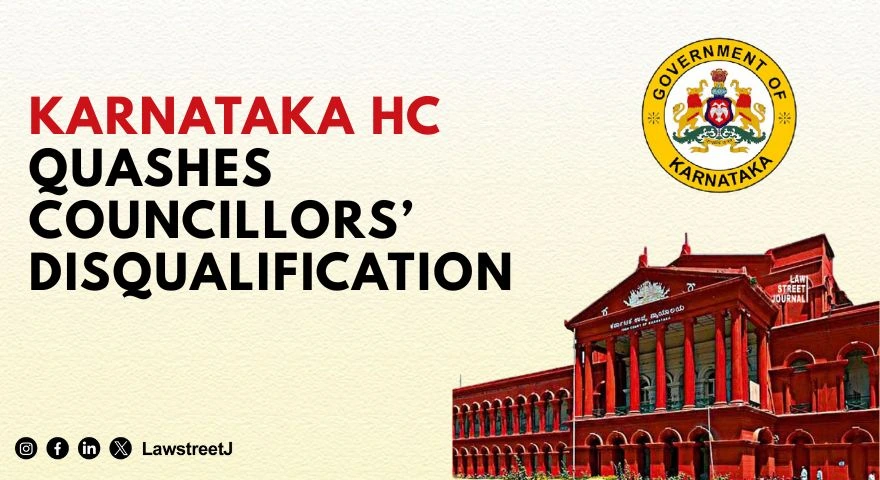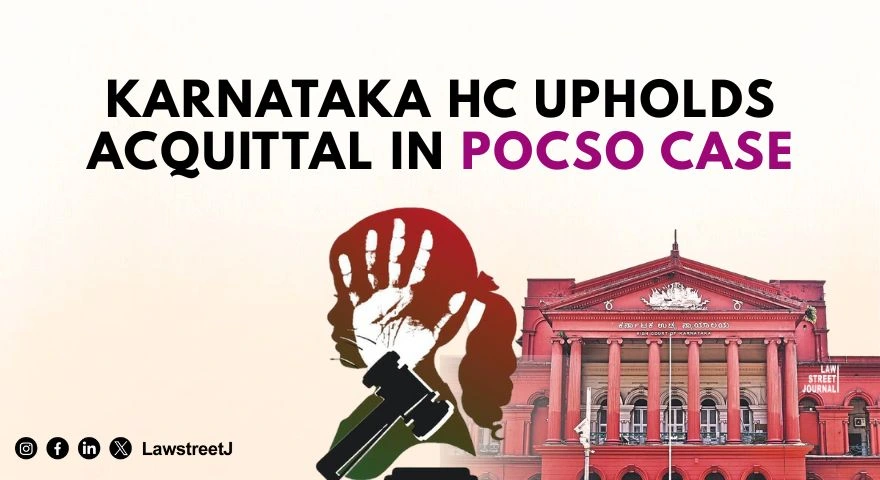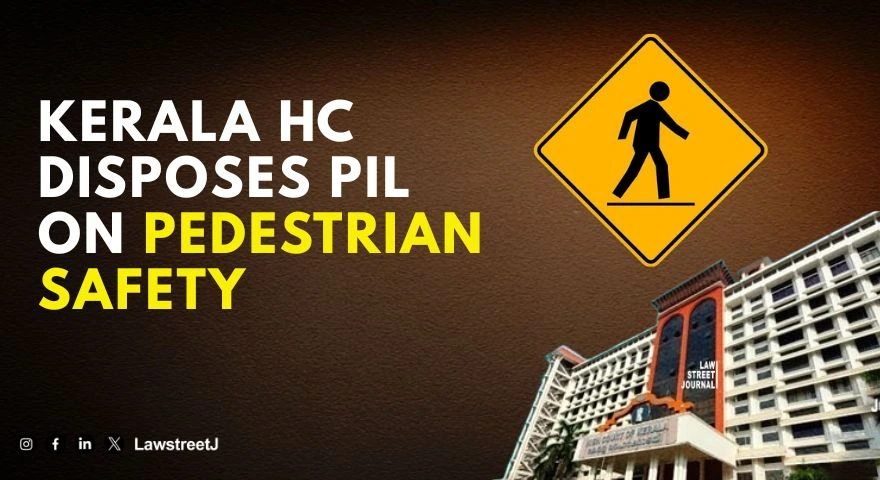NEW DELHI: In a significant judgment, the Delhi High Court on Tuesday held that the ultimate decision in cases of medical termination of pregnancy ought to recognise the choice of the mother, as also, the possibility of a dignified life for the unborn child.
A single bench of Justice Pratibha Singh allowed a woman to end her 33-week pregnancy immediately, saying the mothers choice is being made in a completely bona fide manner.
The court also noted that there is considerable doubt and risk involved in the unborn childs chances of leading a dignified and self-sustaining life, based upon the medical evidence and reports.
The woman, who was given the date of delivery in mid-January, 2023, has approached the High Court as the foetus suffered from cerebral abnormalities.
The court noted in the present case, the Medical Board, unfortunately has not been able to predict or give a categorical opinion as to the degree of handicap or as to the quality of life of the child after birth, with certainty.
"In the mind of the court, such unpredictability and risks ought to weigh in favour of the woman seeking termination of pregnancy," the bench said.
The court noted In India, judicial precedents have supported the rights of women to abort/medically terminate the pregnancy, depending upon the gestational period, the medical condition of the foetus, the physical and mental health of the woman, and other such factors.
As far back as in the year 2009, the Supreme Court in Suchitra Srivastava Vs Chandigarh Administration (2009) recognised a womans right to make reproductive choices as a dimension of personal liberty, as understood under Article 21 of the Constitution.
The Court has to weigh the risks that are involved in such medical conditions and the unpredictability of the same qua the post-birth life.
The Medical Board's diagnosis revealed the unpredictability of the quality of life, as also, the degree of handicap, and would constitute substantial foetal abnormalities.
In the post script of the judgement, the court said the opinion of the Medical Board in cases of termination of pregnancy is of considerable importance for assistance of the courts. Such opinions cannot be sketchy and fragmented. They ought to be comprehensive in nature.
In such cases, speediness coupled with qualitative reports is of utmost importance. There ought to be some standard factors on which the opinion should be given by the Board/s to whom such cases are referred. Such factors ought to include medical condition of foetus, woman, and the risk involved for the woman.
The court pointed out the right of a pregnant woman to terminate her pregnancy or abort the foetus has been the subject matter of debate across the world. This right gives a woman the ultimate choice as to whether to give birth to the child which she has conceived. India is amongst the countries that recognises this choice of the woman, in its law, and has even expanded this right in recent times with amendments permitting termination at an advanced stage, under various circumstances. While recognising the choice of the woman the ultimate giver of life in this world, beyond the Omnipresent, such cases highlight the severe dilemma that women undergo while taking a decision to terminate her pregnancy. Courts are no exception in that Judges have to grapple with issues that are not merely factual and legal but also involve ethical and moral factors.
With the emergence of modern technologies to detect abnormalitiesin an unborn child, the issues surrounding termination and abortion are bound to become more and more complex. Such technologies coupled with the
unpredictability in ascertaining the degree of abnormalities, even by medical practitioners, pose challenges to the manner in which society may grow in the future.









